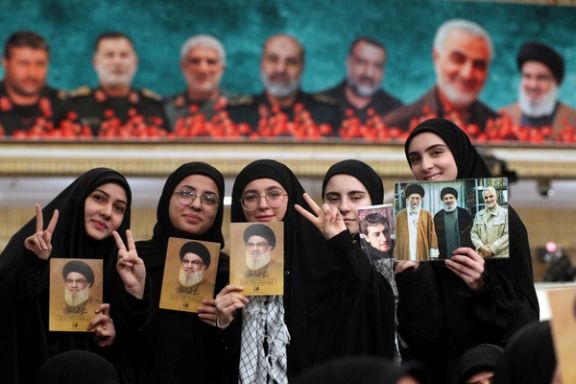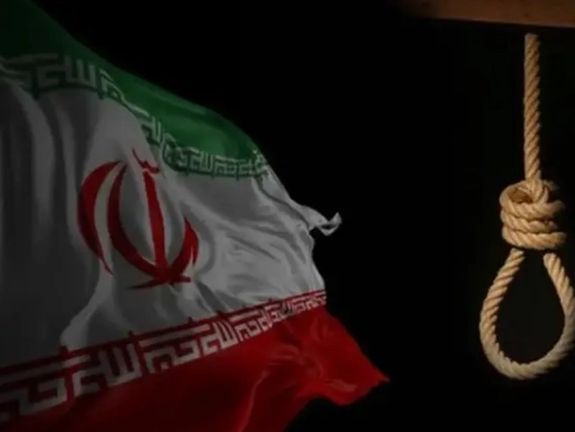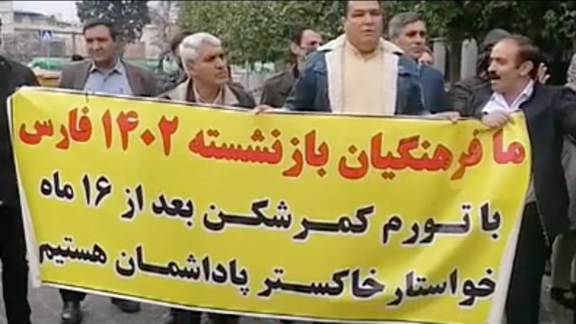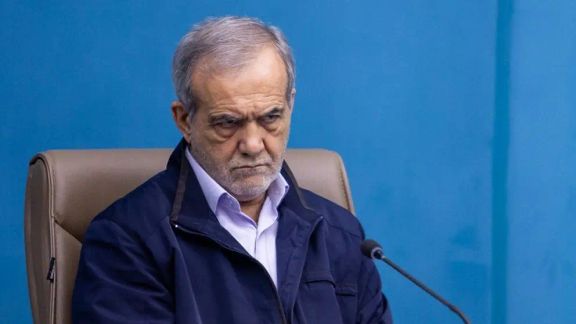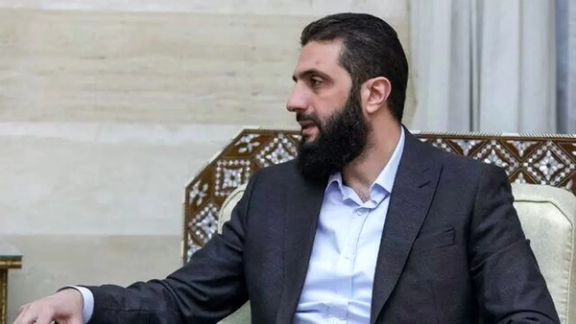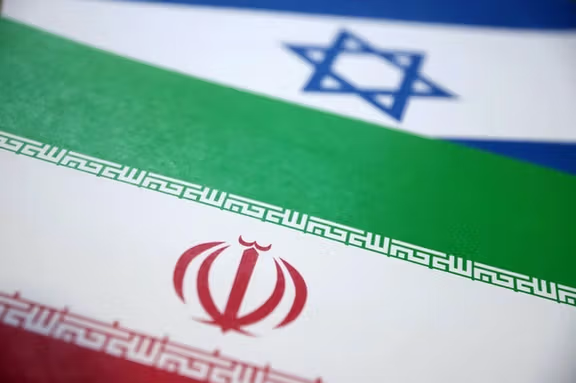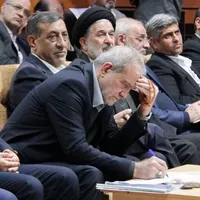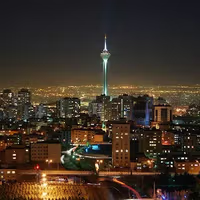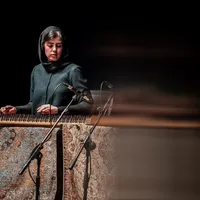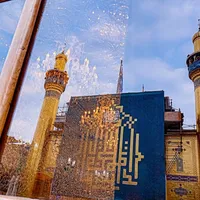“Some people, due to a lack of proper analysis and understanding, claim that with the recent events in the region, the blood shed in defense of the shrine was wasted,” Khamenei said in a Wednesday ceremony to mark the fifth anniversary of the death of former Revolutionary Guards Quds Force commander Qasem Soleimani.
He was Iran’s most influential figure in coordinating armed allied groups in the region and was killed by the US in Iraq in 2020.
“They are making this grave mistake; the blood was not wasted,” Khamenei continued.
The defense of the shrine refers to a narrative promoted by Iran as a reason for its military presence in Syria and Iraq. This concept centers around the protection of Shi’a Islamic holy sites, particularly the Shrine of Sayyida Zainab in Damascus, Syria. Sayyida Zainab was the granddaughter of Prophet Muhammad. However, following the October 7 Hamas attack on Israel, Khamenei’s rhetoric expanded beyond shrine defense, openly advocating an all-out war against Israel.
The comments by Khamenei follow a series of regional setbacks for Iran in 2024, as its network of proxy and allied groups faced regular Israeli countermeasures.
Hamas's military power has been almost completely diminished by Israel. Israel has also intensified its campaign against Hezbollah with precise airstrikes, covert operations, and intelligence-led targeting of the group's assets in Lebanon and Syria. These actions aim to degrade Hezbollah’s capabilities, disrupt its supply lines, and prevent the transfer of advanced weapons from Iran.
In Yemen, the Houthis encountered resistance from local factions, and devastating air attacks by Israel, the US and UK. These setbacks underscore the diminishing reach of Iran’s “axis of resistance,” a strategy central to Khamenei’s regional ambitions.
In Syria, a key pillar of Iran’s influence, the Assad government fell after 13 years of Iranian support. Since the Syrian Civil War began in 2011, Iran has heavily invested in preserving Assad’s government, seeing it as vital for maintaining access to Hezbollah and projecting power across the Levant. The loss of Assad unraveled these investments and severed Iran’s land corridor to Lebanon, undermining its ability to supply Hezbollah with arms.
Reclaiming Syria
Despite these challenges, Khamenei repeated his commitment to regional interventions on Wednesday, praising Soleimani for building pro-Iran groups across the region.
In a veiled reference to Syria's new strongman Ahmad al-Sharaa, Khamenei said: “Do not be deceived by this false show; those who are strutting around today will one day be trampled under the feet of the faithful. Those who have encroached on the land of the Syrian people will one day be forced to retreat in the face of the power of Syria's youth.”
This marks the third time Khamenei has promised to reclaim Syria from its new rulers. On December 11 and 23, he made similar vows, encouraging Syrian youth to resist Assad’s successors.
He also described Houthis and Hezbollah as symbols of resistance, adding that they would ultimately prevail. Without naming specific countries, he criticized certain nations for “sidelining their faithful youth,” whom he called “pillars of stability and strength,” warning that they risk facing Syria’s fate.
Iran International analyst Morad Veisi suggested that Khamenei’s rhetoric reflects a refusal to accept regional realities. “Rather than acknowledging his mistakes, he attempts to reshape facts to align with his vision,” Veisi said, adding that this approach has drained Iran’s resources and alienated its neighbors.
These remarks coincide with admissions by Hezbollah’s Secretary-General Naim Qassem, who acknowledged that Assad’s fall has disrupted the group’s primary supply route through Syria. Meanwhile, The New York Times reported that Assad’s downfall has caused confusion among Iranian officials.
Khamenei also praised Soleimani, saying that he utilized the potential of the region's youth to revive the Resistance Front. However, his statements contrasted with a prior speech in which he denied that Iran operates proxy forces in the region.
As Iran’s influence wanes and its regional allies face mounting challenges, Khamenei’s insistence on reclaiming Syria underscores the strain on the Islamic Republic’s strategy.
